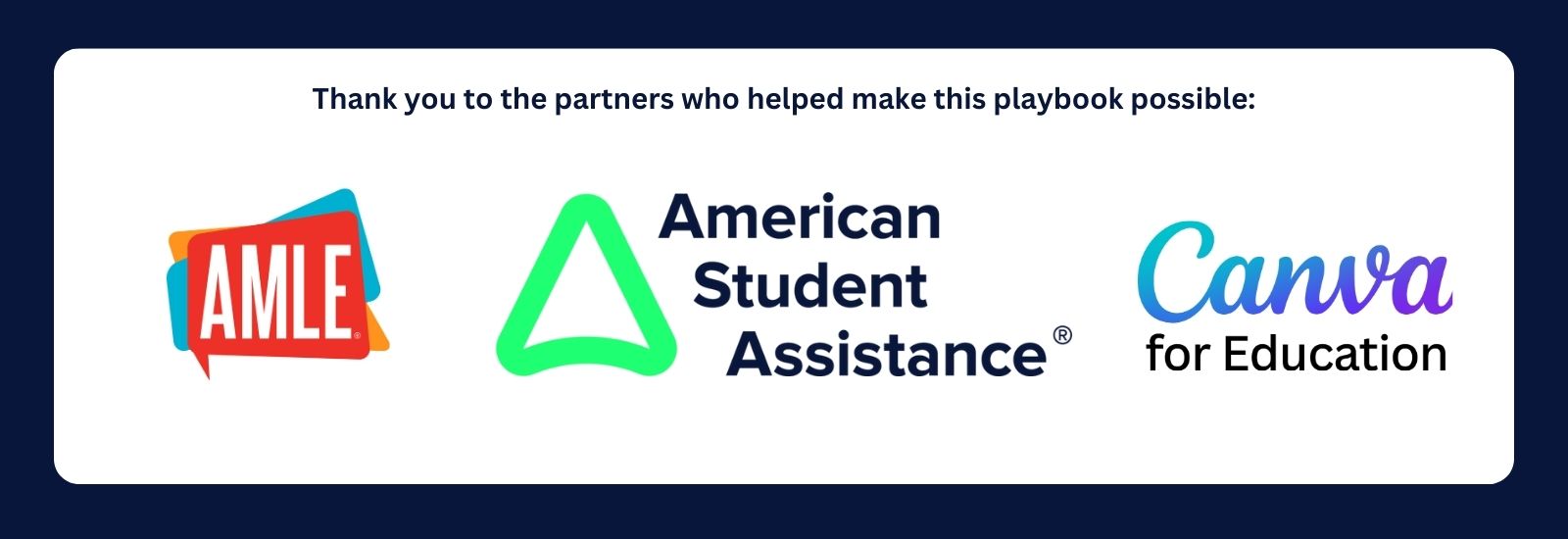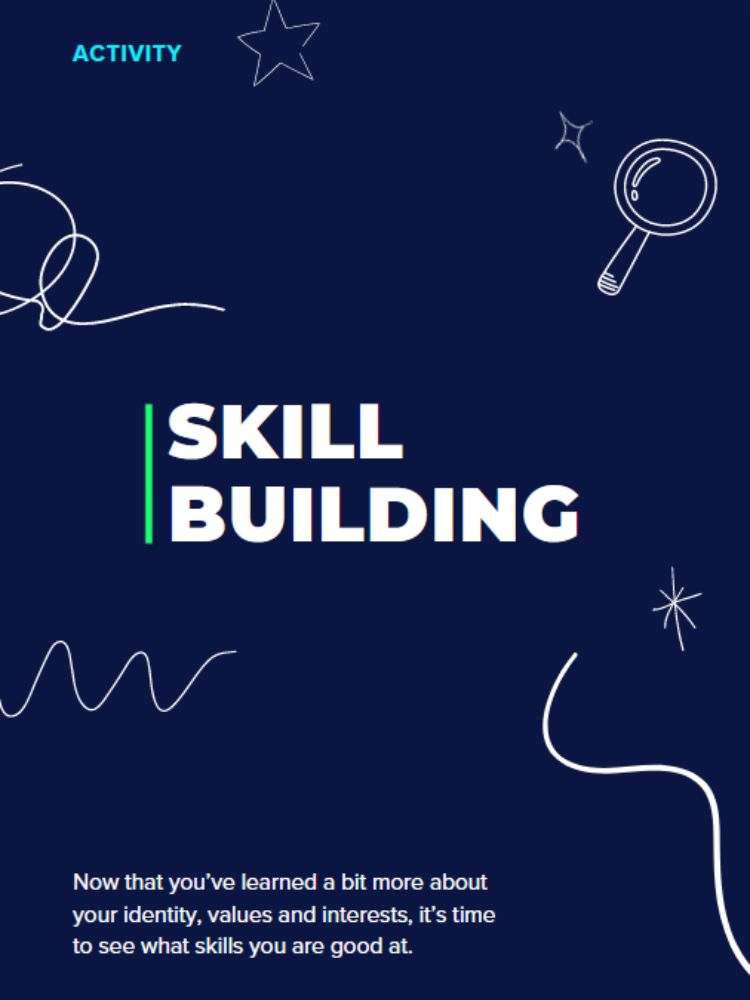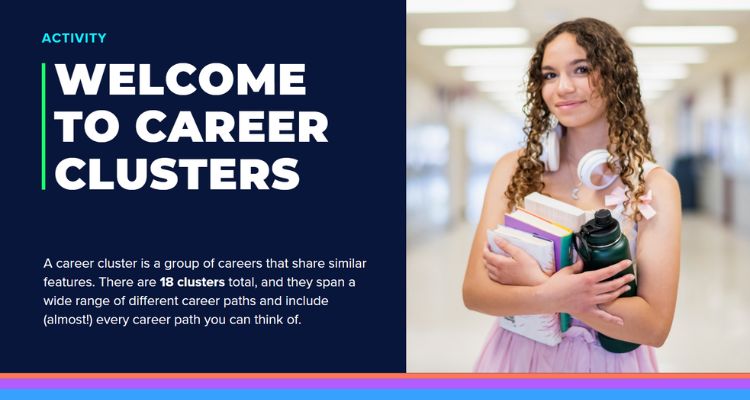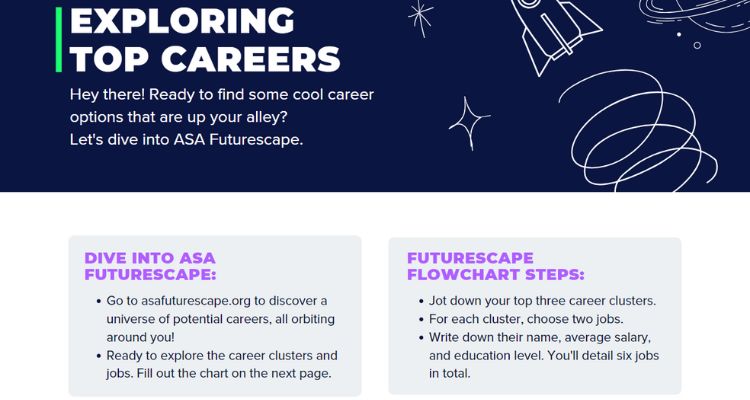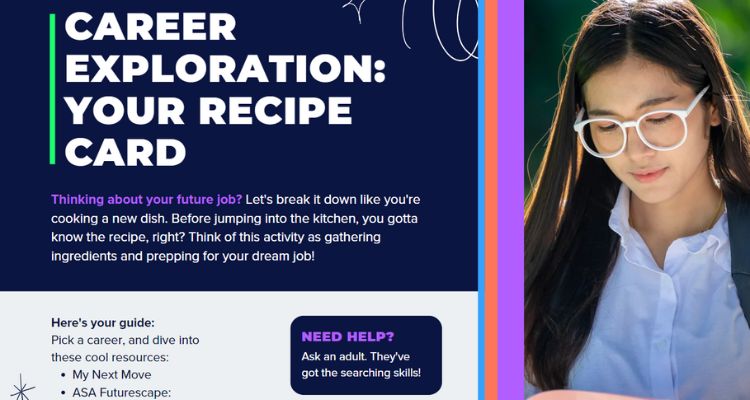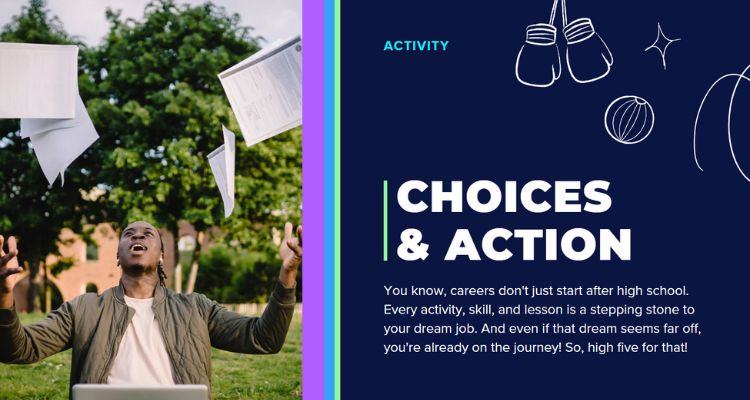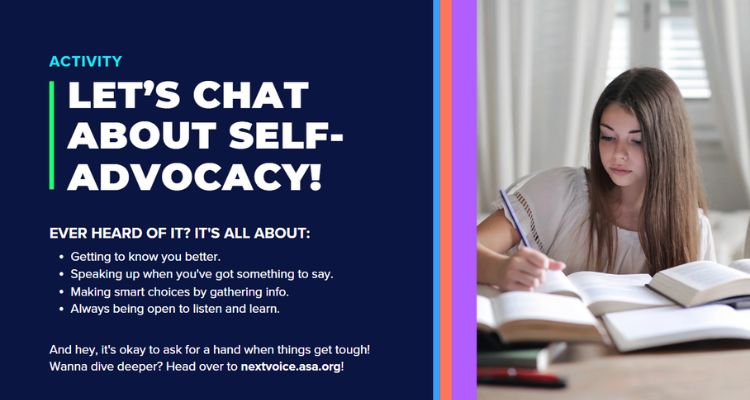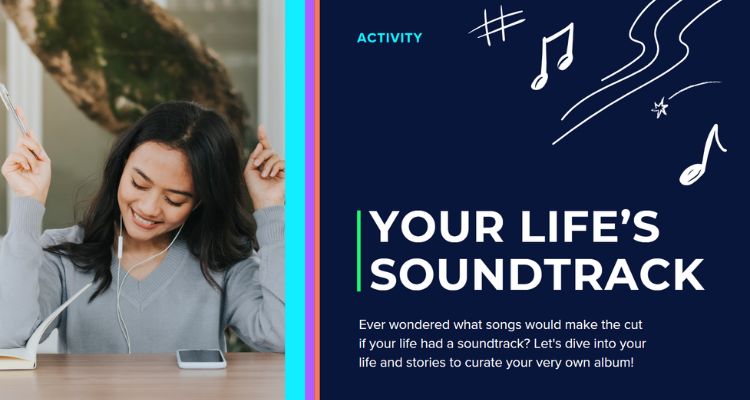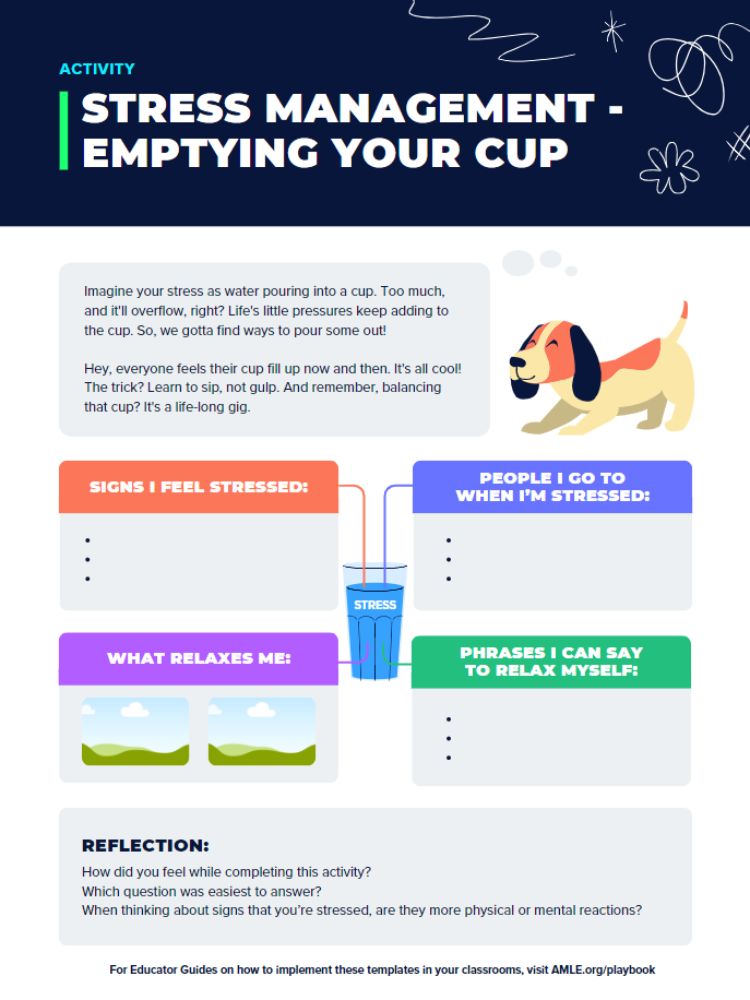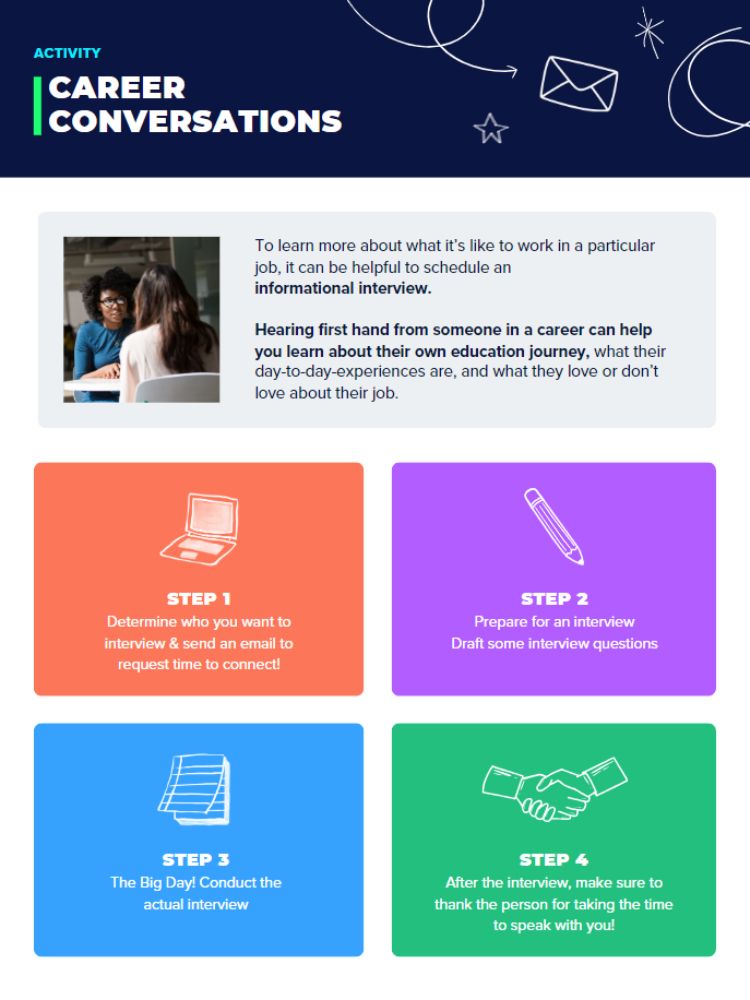Exploring Career Paths: A Guide for Middle Schoolers (and The People Who Care About Them)
Middle school is often called “the finding place.” No, we don’t mean finally finding that lost homework assignment that disappeared in your locker weeks ago! What we do mean is that the middle grades are the perfect time to find, well…you! It’s a time for self-discovery, a perfect opportunity to start to define the ‘you’ you will become as an adult by exploring what makes you tick and what makes you special. You may have noticed that not only is your body changing, but so is the way you see the world – and you’re probably thinking more about where you fit into it. Your interests may be changing, or you may be curious about what’s out there that you’ve yet to discover. It’s such an exciting time as you start to construct and make plans for that future ‘you.’
That sounds like a lot. But don’t stress! Middle school should be all about trying new things, making and learning from mistakes, and gathering insights about who you are as a human being. It can be a little overwhelming, and that’s where playbooks like this one can be so helpful. We can all use some guidance when it comes to knowing yourself, your options, and how to make good decisions. Think of this as a roadmap as you start to think about what your future might hold and the values and skills you’re going to need to be successful.
So grab your roadmap and seize this opportunity! The templates we’ve included are jam-packed full of activities and materials to help you learn about yourself and think about your future. We hope you enjoy the journey and find the tools you need to carve your own path for the future.
Using the Playbook
This playbook is a collaboration of the Association for Middle Level Education, American Student Assistance, and Canva for Education. It is designed to be used in both the classroom and out-of-school settings and is provided free for all.
AMLE and ASA have teamed up with Canva to offer this Playbook as a series of interactive templates. Canva for Education is 100% free for K-12 teachers, schools, and districts. Canva provides helpful instructional videos on how to use these templates in your classroom.
The activity templates have been presented for use as a series in three parts, each building on the previous part/activities. However, they have been designed to be used as stand-alone activities depending on your curricular/advisory program needs. Below you’ll see that each activity template is linked directly to Canva. If you prefer to explore all of the templates on your own, you can do so here.
We recommend that educators/school leadership teams also review the Career Exploration in the Middle Grades: Playbook for Educators for best practices, templates, and resources for introducing career exploration to tweens/teens.
The Playbook is a great resource to support families support their children in exploring their future options, or tweens/teens to use independently. Canva has a basic, free version for individuals. Alternatively, your tween/teen may also get access to Canva for Education by invitation from their teacher. Upon creating an account, you’ll have complimentary access to all of the activity templates included in the Playbook. If you’re new to Canva, you may consider exploring Canva’s free tutorials.
Below you’ll see that each activity template is linked directly to Canva. If you prefer to explore all of the templates on your own, you can do so here. You may choose to go through each part and activity template in order, as presented here in the Playbook. However, each activity has been designed to be able to be used independently based on your individual needs.
Part 1: Knowing Yourself
Let’s start with talking about your identity. “Who are you?” seems like such a simple question, but it can be one of the most difficult ones out there. It’s something most other middle schoolers are concerned about, and even most adults are trying to figure out! This is a question that takes a lifetime to fully answer. Even as we get older, the answer is always changing as we learn new things and grow. Learning about yourself is one of those things that is really hard to explain, but before you can think of your future, you need to know yourself in the present – all of the things that make you, you!
Part 1 Activity Templates
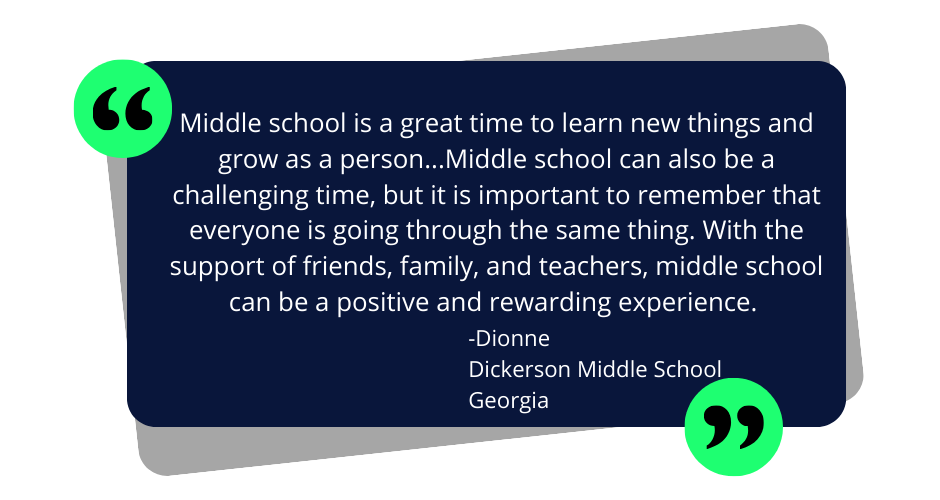
Identity Circles
An “identity circle” can help us figure out what shapes and influences us. It shows how different parts of who we are, like our gender, culture, and interests, all come together to make us who we are.
Exploring Your Values
Values are the things people believe are most important in life. Values can influence our decisions and guide us in determining our priorities. We often get our values from our family and the society in which we live, so to begin thinking about your own values, it’s helpful to first think about the values of those around you.
Skill Building
We all have things that we believe we are good at and enjoy doing, and others that we don’t feel as good at. Your skills and abilities can show up in the classes you enjoy, the extracurriculars you participate in, or how you generally think about your strengths. RIASEC helps classify people and jobs into six categories: Realistic, Investigative, Artistic, Social, Enterprising and Conventional. It is designed to help you learn which of the six areas tend to relate to your natural abilities, strengths, and skills.
Identifying Your Network
You can think of all of the people that share a relationship with you as part of your network. Whether it may be in school, doctor visits or extracurricular activities, your network is formed by all of the relationships that you make throughout your life, and they can help you set and achieve your goals for your future. Let’s explore and better understand your personal and professional networks.
Part 2: Knowing Your Options
The question of “who are you?” is a hard one and can take a lifetime to answer, but there can be a lot of other questions that can be just as hard. “What do you want to do with your future?,” “What is your dream job?,” and of course “What do you want to be when you grow up?” seem to come up both at school and at home. All of these career questions ask you to think about things that can seem big, scary, or far away.
When talking with adults, it can seem like they are always asking what career you want to pursue. It is totally okay to not have a good answer! Middle school is about exploring careers and interests, and learning about as much as possible.Whether you have no clue about what you want to do or you have always known your dream job, these activities can help you learn about all of the available career options.
Career exploration is the process of learning about different careers and thinking about how they fit with your interests and skills. Sometimes, career exploration can be as simple as asking yourself questions like:
- What careers have I heard about that I might be interested in?
- How do my current classes, hobbies, and activities align with the careers that I am interested in?
- What can I do to learn more about the careers that interest me?
The activities in Part 1 had you spending a lot of time thinking about your sense of self. Try to keep your identity, values, and skills in mind as you explore different options for career paths. Your knowledge of yourself can help you search for careers that would be a good fit for you!
Part 2 Activity Templates
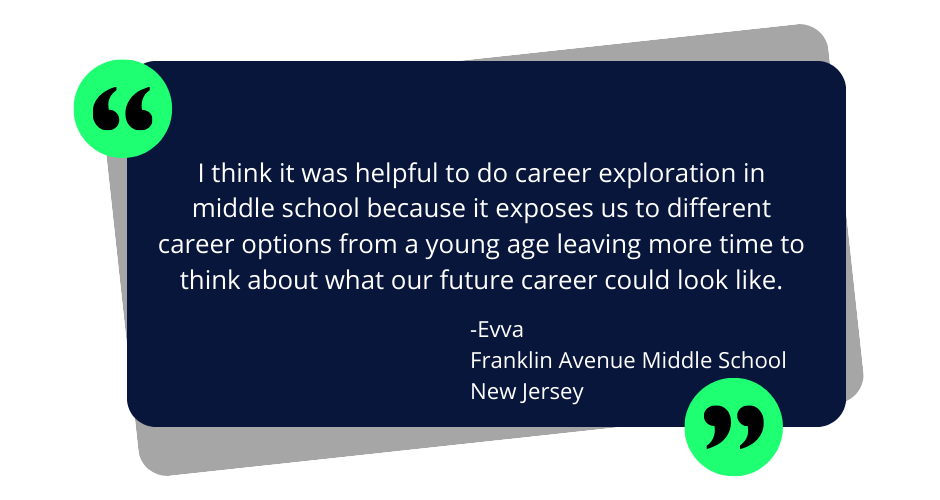
Exploring Durable Skills
Durable skills are general abilities that apply to anyone in any stage of life, whether that be middle school, high school, or even adults already in the workforce. These skills are valuable at all stages of life and include things like communication, working well with others, or being creative.
Career Clusters
A career cluster is a group of careers that share similar features. There are 16 clusters total, and they span a wide range of different career paths and include (almost!) every career path you can think of. Let’s learn about the different clusters and think about which ones we might be interested in.
ASA Futurescapes
Ready to game? This tool can help you find careers that you might be interested in. You’ll just complete the short game to find a universe of potential future careers, all orbiting around skills you are good at.
Career Exploration Recipe Cards
This activity guides you through career exploration research. Research can also be a scary word, but it just means the investigation of a certain topic. In this case, we will be researching a career path.
Part 3: Making Informed Decisions & Taking Action
We often talk about careers starting after high school or postsecondary education and/or training, but as you’ve seen in this playbook, every activity that you complete, every skill that you develop, and every lesson that you learn is helping you along your future career path. Even though your career feels far away, starting your career exploration journey has given you so much more time to think about your options, set your goals, and work towards achieving them. So congratulations to you. Give yourself a pat on the back!
Lets bring these ideas together so you can continue to develop your own personalized plan for your career exploration journey. Making Informed Decisions & Taking Action means:
1). understanding your options
2). communicating your decisions to others
You already know more about yourself and the types of careers that you might be interested in; now let’s use that knowledge to take action and make some decisions!
Part 3 Activity Templates
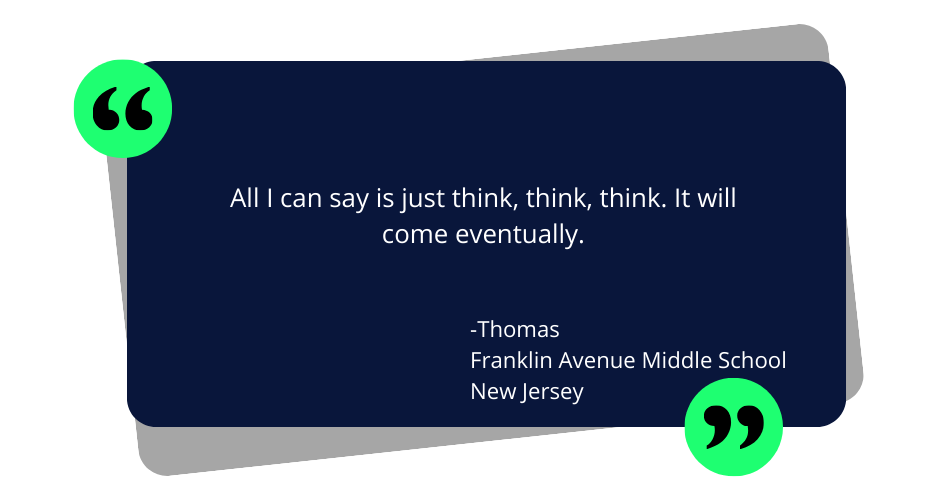
Making Informed Decisions & Taking Action
Before diving into big decisions, it’s handy to have a few strategies up your sleeve. A quick checklist and reflection can help guide you.
Communication Styles
Good communication helps us share the reasoning behind our decisions with others, and ensure everybody feels like their voice is heard. Let’s get you more familiar with the four different styles of communications.
Self-Advocacy
Communicating effectively means you are able to advocate for yourself: you’re able to explain your reasoning to others in a respectful way that allows you to feel truly understood. Another word for this is self-advocacy. Self-advocacy is more than just being able to speak our mind: it is truly understanding ourselves and using that knowledge to grow and become better every day.
Self-Advocacy – My Album
Throughout this playbook, we have talked a lot about the concept of identity, or who we are, as well as how we see our identities connecting to our visions for our futures. What does that connection really look like? We can look at the work of some of our favorite musical artists to see!
Stress Management – Emptying Your Cup
Sometimes, thinking about big decisions, communicating with those we care about or needing to overcome difficult situations can make us feel anxious or overwhelmed. Stress is our body’s response to pressure, and it can feel like mental or physical tension in your body. You can think of stress like pouring water into a cup. The things that add stress to your life pour into the cup, and it’s important to find ways to empty the cup!
Self Care
When we think about ways to manage our stress, many of them actually fall under the umbrella of self-care. Let’s think about ways that self care can make us grow and flower into the people that we want to be.
Building Your Professional Networks – Informational Interviews
It can be easy to find facts about careers online, but it can be a lot harder to know what it is actually like to be in a career. To learn more about what it’s like to work in a particular job, it can be helpful to schedule an informational interview. An informational interview is a formal conversation where you ask somebody about their career.
You’re Well On Your Way!
You have done such a great job on these activities, and we know that the skills that you’ve gained will help you in any career that you choose to pursue.
Throughout this playbook, you’ve learned about:
- your identities
- your interests & values
- exploring different career options and the paths that we can take to get there
- practicing how to use different communication styles and take initiative
- ways to manage stress
Now that you’ve learned so much more about yourself and the career options available to you, no matter what career you choose, the skills that you have developed will make you successful!
